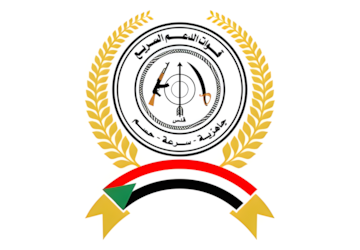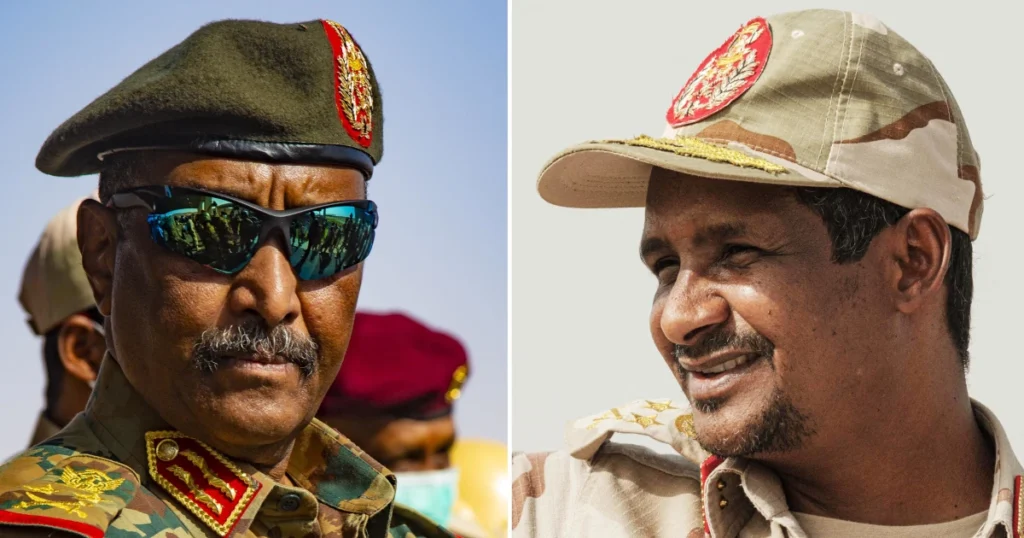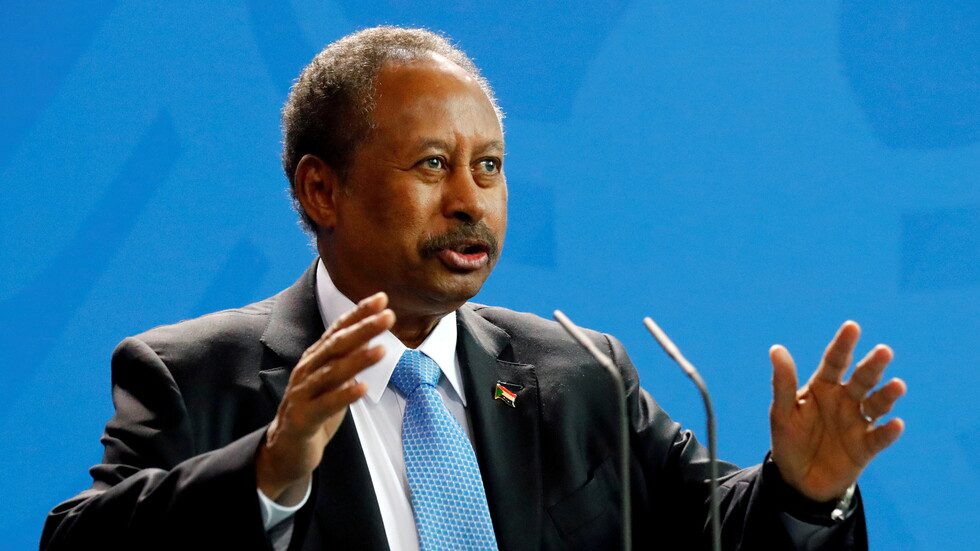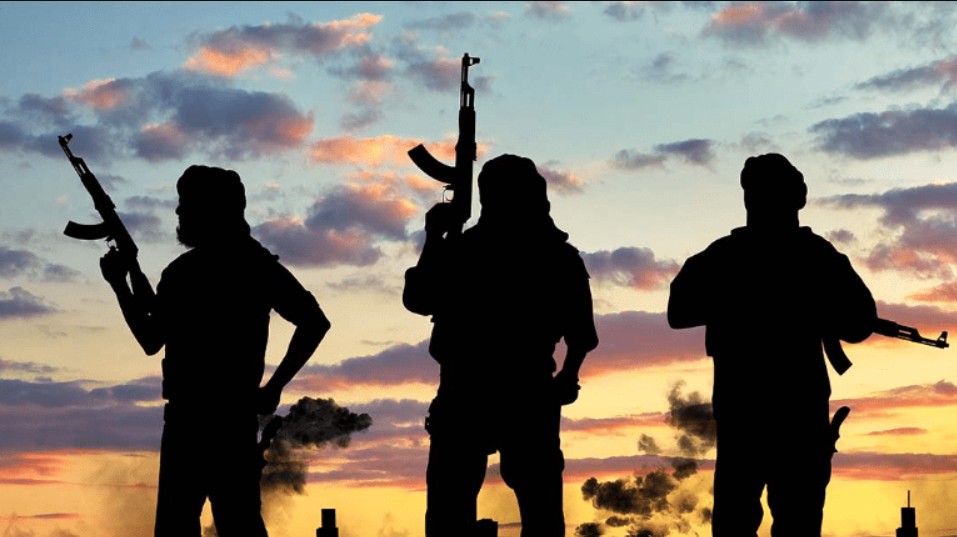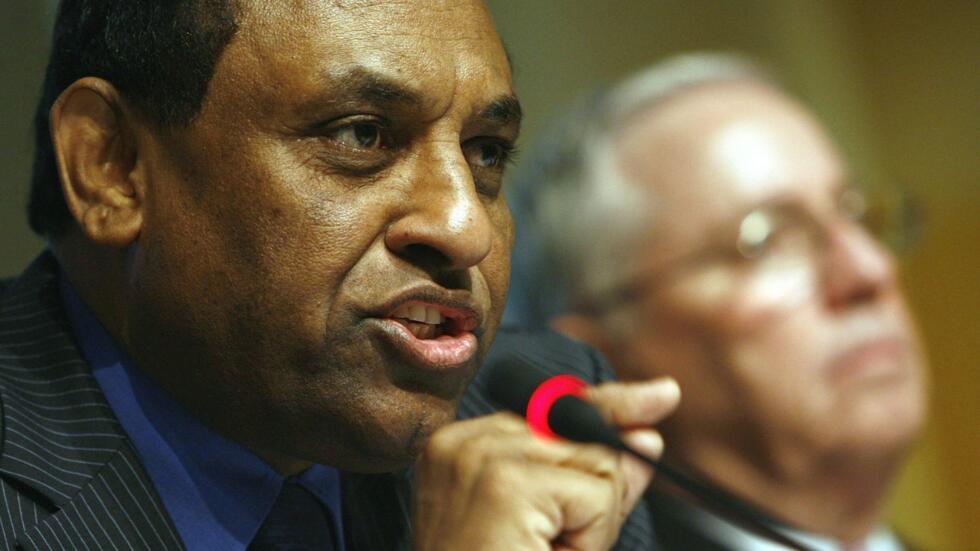
The appointment of Kamil al-Tayeb Idris as prime minister by Gen. Abdel Fattah al-Burhan has sparked further divisions within the SAF leader’s own camp, drawing criticism and accusations of illegitimacy.
The move, announced on Monday, was widely seen by analysts and opposition figures as another sign of political confusion and instability under what they describe as an authority lacking legitimacy.
Activists in Port Sudan criticized Idris as politically opportunistic and ideologically inconsistent, accusing him of shifting allegiances across multiple factions without a clear political stance. They noted his previous affiliations with the Sudanese Communist Party, Democratic Front, and Socialist Union, before eventually aligning with the Islamist “Kizan” movement.
Critics also pointed out that Idris’s 2010 presidential run against ousted dictator Omar al-Bashir was orchestrated by Islamists to give the elections an illusion of competitiveness.
Idris has also faced multiple corruption allegations, most notably for allegedly falsifying his birth year while serving as director of the World Intellectual Property Organization. In 2006, he changed his date of birth from 1945 to 1954, claiming a typographical error.
Constitutional Legitimacy Challenged
In February, General Burhan amended Sudan’s 2019 constitutional document, granting himself sweeping powers. The appointment of Idris comes in the wake of those amendments, which legal experts have dismissed as a political maneuver to consolidate Burhan’s alliance with Islamist forces and entrench their control.
Following Burhan’s military coup in October 2021, the African Union suspended Sudan’s membership, demanding a return to civilian rule before reinstatement.
Under the amended charter, Burhan holds the authority to appoint and dismiss the prime minister, effectively maintaining de facto rule over Port Sudan. The prime minister’s role is now largely ceremonial, with no authority to appoint government ministers independently.
Mubarak al-Fadil al-Mahdi, leader of the Umma Party, said the caretaker government based in Port Sudan remains in violation of the constitutional document, rendering all its appointments unconstitutional. In a post on X, he described Idris’s appointment as rooted in authoritarianism and lacking democratic basis.
He added, “Without peace, national reconciliation, and restoration of civilian rule, no appointments have legitimacy during wartime.”
According to Article 17 of the 2019 Constitutional Charter, individuals with foreign citizenship are ineligible for ministerial positions—Idris reportedly holds a second nationality.
Power Grab or Legitimacy Bid?
While Burhan continues his unilateral efforts to bolster his regime’s legitimacy, regional and international calls have intensified for a ceasefire and inclusive peace talks.
The Sudanese Founding Alliance, known as “Tasees,” dismissed the appointment as a desperate move by Burhan to counter the group’s expected announcement of a nationwide “Government of Peace and Unity.”
Speaking to Erem News, SPLM leader and Tasees member Jatiko Amouga Delman said Burhan’s decision followed regional pressure aimed at improving the image of the Port Sudan-based junta, which has suffered repeated political, military, and diplomatic setbacks amid a worsening humanitarian crisis.
“The appointment of Idris means nothing to Sudanese citizens,” Delman said. “Burhan lacks constitutional authority and is merely trying to signal a break with Islamists, despite appearances.”
He added that the prime minister role has been stripped of real power under the revised constitutional framework and is now largely symbolic. “Idris seems eager for the title,” Delman said, “but the move is already sowing division within Burhan’s ranks.”
Legal expert al-Muntasir Ahmed said the recent amendments created a “distorted” constitutional framework and that any appointments based on it are legally void. He added that Burhan has centralized all powers, including foreign policy, war declarations, and emergency decrees.
“This is a façade of governance, not rule of law,” Ahmed said.

